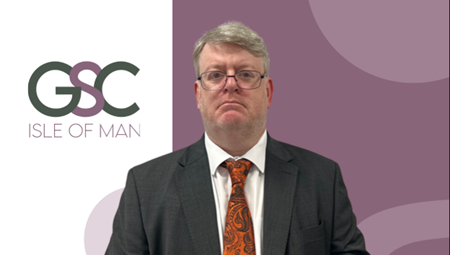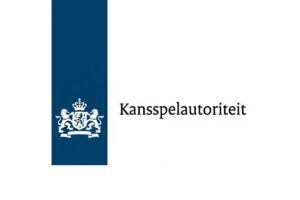New CEO of Isle of Man GSC to focus on “emerging threat” to vital gambling sector

Mark Rutherford has been appointed to lead the Isle of Man Gambling Supervision Commission.
UK.- Mark Rutherford has been promoted to become the new CEO of the Isle of Man Gambling Supervision Commission (GSC). Previously deputy CEO, Rutherford has been with the gambling regulator since June 2013. He initially served as director of policy and legislation.
In his new role, Rutherford will be responsible for overseeing the island’s regulatory standards for medicinal cannabis as well as gambling. Before joining the Gambling Supervision Commission, he worked in various public service roles, including at the Isle of Man’s Income Tax Division.
“An ambitious programme of reform” for the Isle of Man gambling sector
Taking up the role, Rutherford said gambling was central to the Isle of Man’s digital growth and that he would probe threats to the industry.
“There is an important opportunity to strengthen the Isle of Man’s defences against financial crime,” he said. “I am embarking on an ambitious programme of reform to reinforce the powers we must supervise and regulate the gambling sector.
“I’m also working closely with partner agencies to understand the emerging threat that faces the Island’s gambling sector. It is imperative we continue to review and adapt our approach to stay aligned with evolving challenges.”

An Isle of Man gambling licence has appeal for some operators due to the island’s zero corporate tax rate, zero capital gains tax and gambling duty based on profit ranging from 0.1 to 1.5 per cent. Rutherford was appointed by the Department for Enterprise Executive Agency at the Digital Isle of Man executive agency.
Digital Isle of Man CEO Lyle Wraxall said: “Mark’s appointment comes at a pivotal moment. Effective and robust regulation is crucial to maintaining the integrity of our digital economy and ensuring the Island remains competitive in the global market.
“Under his leadership, we are confident the GSC will further enhance the Island’s reputation as a trusted, forward-thinking jurisdiction for igaming and related industries.”
Wraxall added: “The strategy will mark the start of a renewed effort to drive growth, adapt to market changes, and strengthen the Island’s reputation as a destination for high-quality egaming businesses. By refining our approach and addressing key challenges, we aim to boost confidence in the sector. This will help to ensure its ongoing contribution to the economy.”
Kimberley Broad, chair of the eGaming Strategic Advisory Board, said: “It is my pleasure to congratulate Mark on his appointment to CEO of the GSC. Egaming is the second largest contributor to the Island’s GDP. It’s therefore essential that our regulatory framework continues to be strong and effective. Accordingly, the board and I look forward to working with Mark and his team to ensure the continued success of the industry on the island.”
Possible changes to Isle of Man responsible gambling policies
Back in October, the GSC announced that it was considering a review of its responsible gambling policies following the publication of a report on licensees’ measures. Responses from 33 of 35 registered Isle of Man gambling licensees were recorded in the Online Responsible Gambling Survey Report, which looked at aspects of responsible gambling controls on online gambling sites from January 1 to December 31, 2023.
The report found that Isle of Man gambling licensees who responded were content with the effectiveness of their measures in the area. While 73 per cent had received a complaint about responsible gambling in 2023, these were mostly about limits or exclusions or demands to provide documents for affordability checks.
The report found that licensees blocked 2,972 underage players from gambling via their websites last year. Most often this was via age consent requests asking for a date of birth to access the website. In addition to this, 32 operators said they used monitoring to detect underage players. All of them described the tools they were using as “effective” or “very effective” in preventing minors from gambling. Moreover, 79 per cent of licensees reported no cases of underage players registering to use their services.
Meanwhile, 31 licensees said they used ethical marketing policies and avoided targeting advertising at underage consumers. Some 27 operators had contractual restrictions in place with affiliates and other third-party marketing providers aimed at preventing marketing to minors, while 20 had social media policies on the issue.











